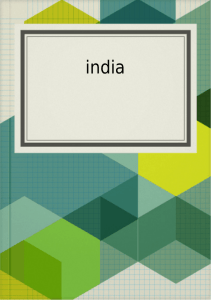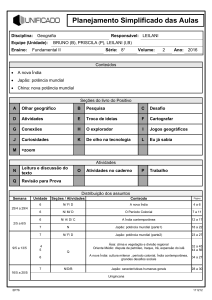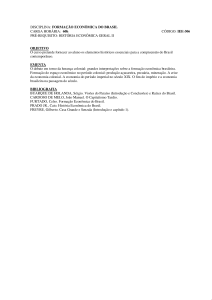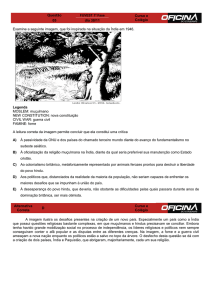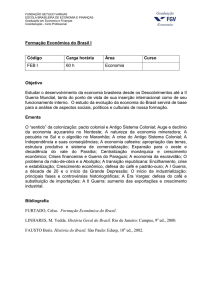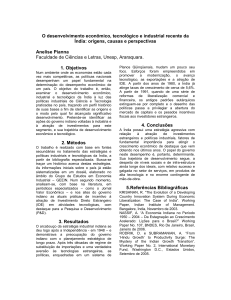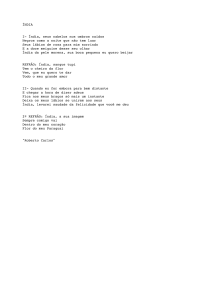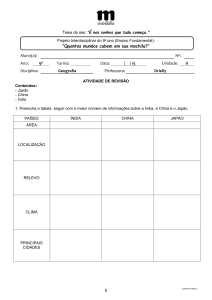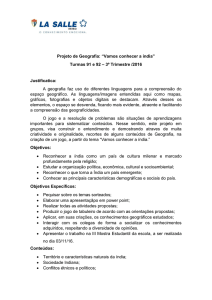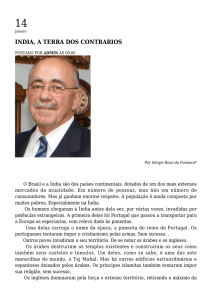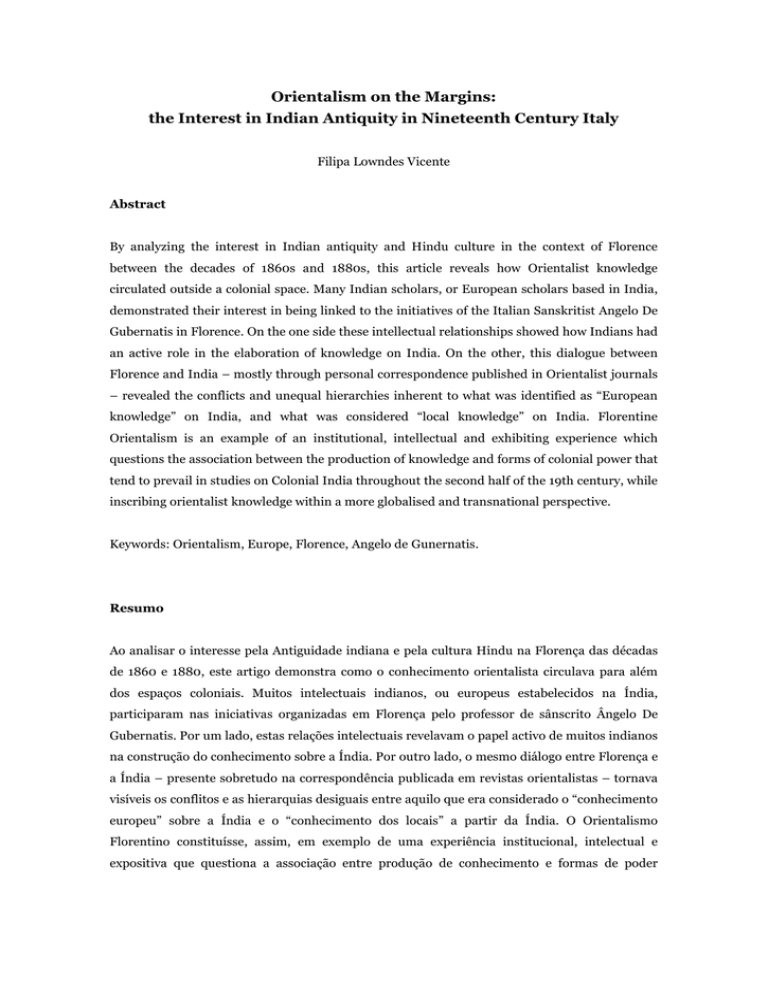
Orientalism on the Margins:
the Interest in Indian Antiquity in Nineteenth Century Italy
Filipa Lowndes Vicente
Abstract
By analyzing the interest in Indian antiquity and Hindu culture in the context of Florence
between the decades of 1860s and 1880s, this article reveals how Orientalist knowledge
circulated outside a colonial space. Many Indian scholars, or European scholars based in India,
demonstrated their interest in being linked to the initiatives of the Italian Sanskritist Angelo De
Gubernatis in Florence. On the one side these intellectual relationships showed how Indians had
an active role in the elaboration of knowledge on India. On the other, this dialogue between
Florence and India – mostly through personal correspondence published in Orientalist journals
– revealed the conflicts and unequal hierarchies inherent to what was identified as “European
knowledge” on India, and what was considered “local knowledge” on India. Florentine
Orientalism is an example of an institutional, intellectual and exhibiting experience which
questions the association between the production of knowledge and forms of colonial power that
tend to prevail in studies on Colonial India throughout the second half of the 19th century, while
inscribing orientalist knowledge within a more globalised and transnational perspective.
Keywords: Orientalism, Europe, Florence, Angelo de Gunernatis.
Resumo
Ao analisar o interesse pela Antiguidade indiana e pela cultura Hindu na Florença das décadas
de 1860 e 1880, este artigo demonstra como o conhecimento orientalista circulava para além
dos espaços coloniais. Muitos intelectuais indianos, ou europeus estabelecidos na Índia,
participaram nas iniciativas organizadas em Florença pelo professor de sânscrito Ângelo De
Gubernatis. Por um lado, estas relações intelectuais revelavam o papel activo de muitos indianos
na construção do conhecimento sobre a Índia. Por outro lado, o mesmo diálogo entre Florença e
a Índia – presente sobretudo na correspondência publicada em revistas orientalistas – tornava
visíveis os conflitos e as hierarquias desiguais entre aquilo que era considerado o “conhecimento
europeu” sobre a Índia e o “conhecimento dos locais” a partir da Índia. O Orientalismo
Florentino constituísse, assim, em exemplo de uma experiência institucional, intelectual e
expositiva que questiona a associação entre produção de conhecimento e formas de poder
colonial, que tende a dominar os estudos sobre a Índia colonial da segunda metade de
Oitocentos, e que inscreve o saber orientalista numa abordagem globalizada e transnacional.
Palavras-chave: Orientalismo, Europa, Florença, Angelo de Gubernatis.

